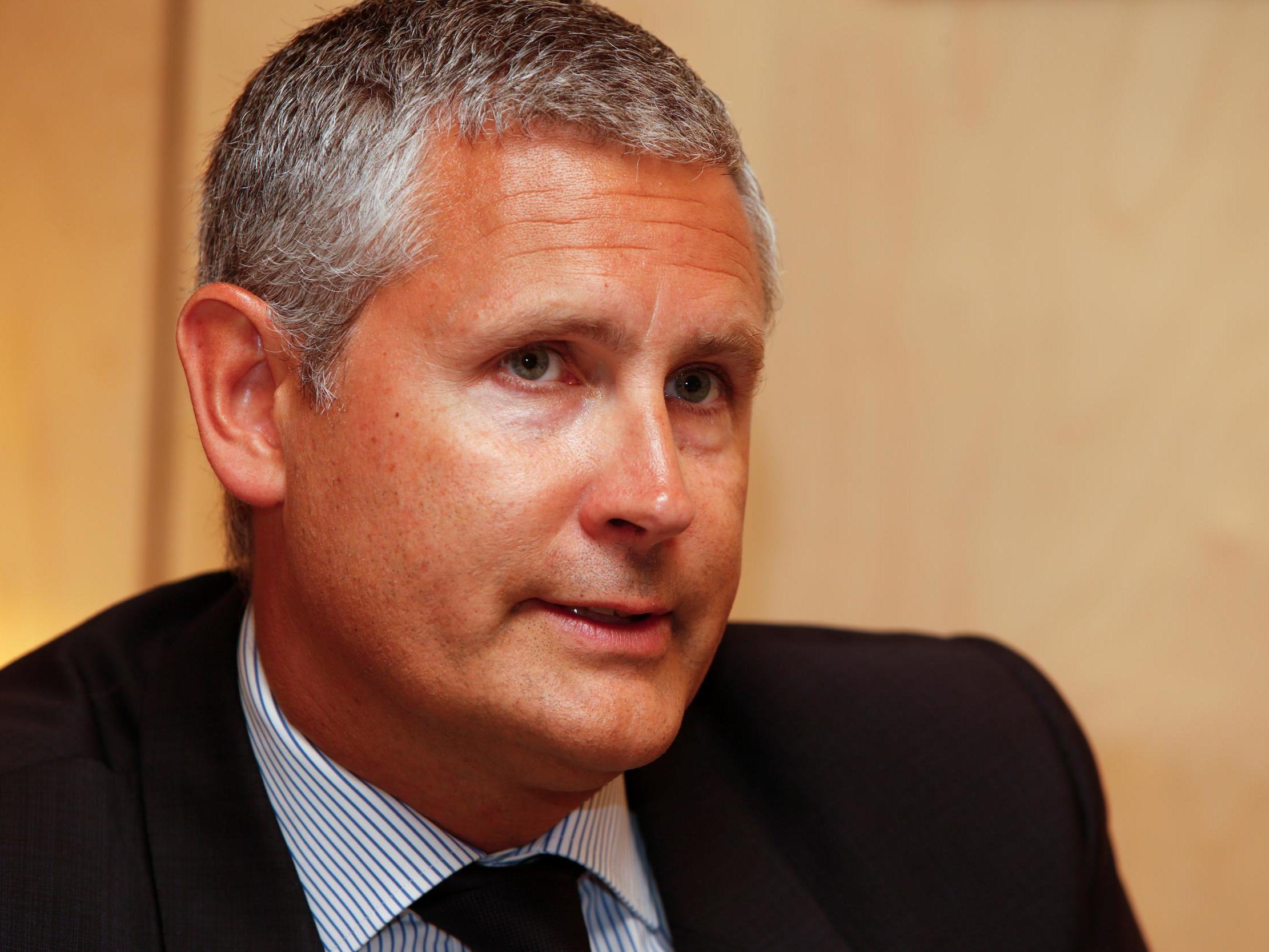Why William Hill’s new boss needs to be more than a tech guru
The betting industry is a controversial one and needs to pay heed to the risks its products pose to customers, writes James Moore


Sympathy for a bookie? Most people would probably equate that with sympathy for the devil.
And yet I can’t help but feel a certain amount for Philip Bowcock, whose departure as CEO of William Hill was announced after he’d spent just two-and-half years in post. He’s endured a white-knuckle ride that might have finished off another.
Bowcock was hired as finance director by the company towards the end of what looked like a perfectly executive swan dive under his predecessor as CEO James Henderson. He was installed on an acting basis after the latter’s departure in July of 2016, but it was made very clear that he wasn’t high on the shortlist of candidates to permanently replace him.
That all changed the following March because the board struggled to find anyone better, or indeed, anyone else at all.
In the meantime, Bowcock had been left with the job of fending off a potential three-way mega merger involving rival gambling companies 888 and Rank.
Questions abounded about the business he was left with. At a time when other gambling groups had been indulging in a frenzied bout of deal-making, with Ladbrokes joining forces with Coral, and later GVC, while Betfair cuddled up with Paddy Power, William Hill was left sitting on the shelf.
Worse was to come. A government review of fixed-odds betting terminals (FOBTs) and the maximum allowable stake put a number of options on the table.
The industry knew that the salad days of up to £100 on each spin of the electronic wheel were over. But most expected the government to opt for a compromise of perhaps £50, or at worst £20, to preserve the lucrative tax revenues they provided.
Under sustained pressure from Labour, however, ministers opted for the nuclear option of £2, in the process gutting the profits of firms with a substantial betting shop estate like Hill’s.
It’s very hard to argue with the decision, despite the store closures and job losses that have trailed in its wake. The evidence of the damage they can cause, particularly in poor communities, has been mounting. The betting industry will always be a controversial one, but with FOBTs there was really no debate to be had. It had yoked itself to a deeply harmful product.
With the hammer having been brought down upon them, betting companies have had to look elsewhere for earnings. Chiefly online and overseas. The legalisation of sports betting in several US states has, in particular, sparked something of a gold rush.
The new man, Ulrik Bengtsson, is the sort of tech-head many argued should have been brought in to replace Ralph Topping when Henderson, the prototypical company man, was handed the ride. He will be expected to sharpen up the company’s offer, deliver on a new strategy, and breathe some life into a becalmed share price that has lost more than a third of its value since Bowcock was confirmed in the role.
But in doing so, he will also need to pay due heed to the risks gambling presents to its customers. Take online gaming. The difference between it and FOBTs is largely one of visibility. Walk into a betting shop and it’s impossible to miss the bleeps and the lights of the latter. With the former, it’s quite possible to lose far bigger sums in the privacy of one’s home simply with the aid of a smartphone. It’s a form of gambling on which there are no limits.
Then there’s the issue of how America will react to the emergence of a generation of problem gamblers down the line. Bengtsson has it all to do.
Join our commenting forum
Join thought-provoking conversations, follow other Independent readers and see their replies
Comments
Bookmark popover
Removed from bookmarks